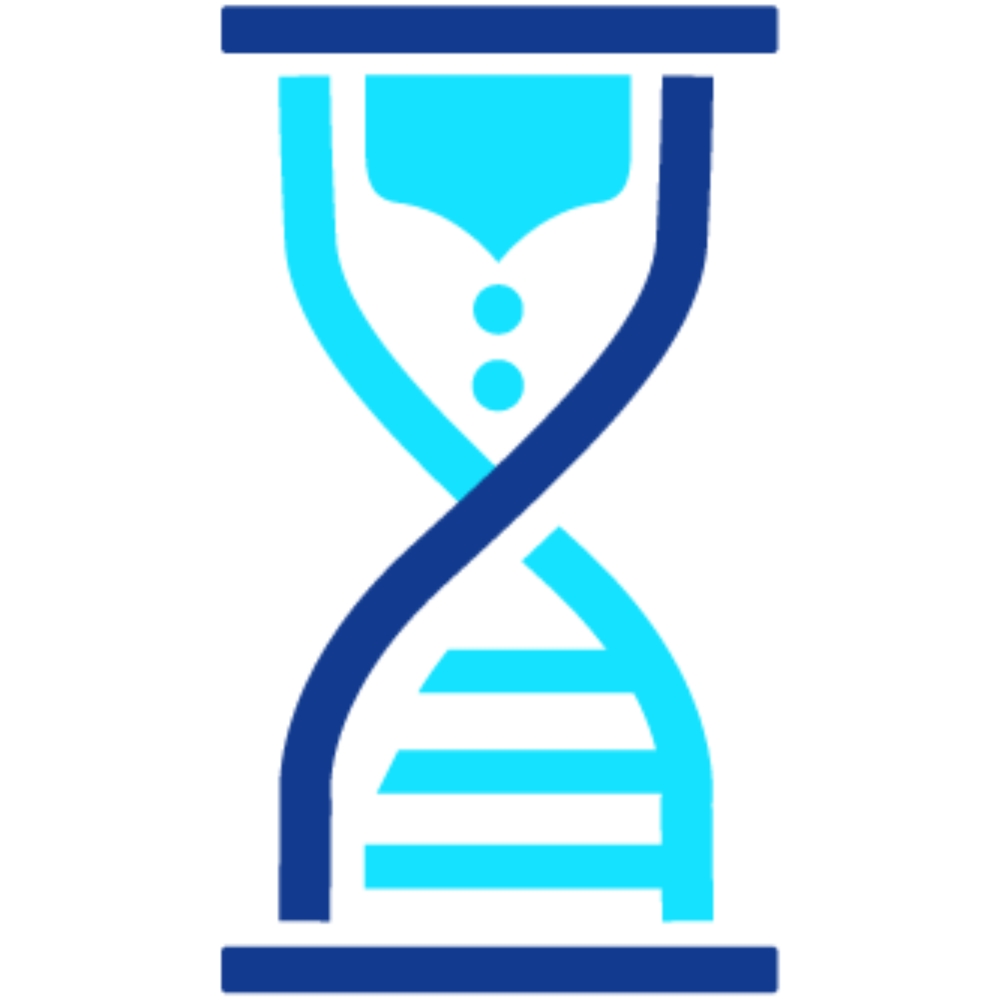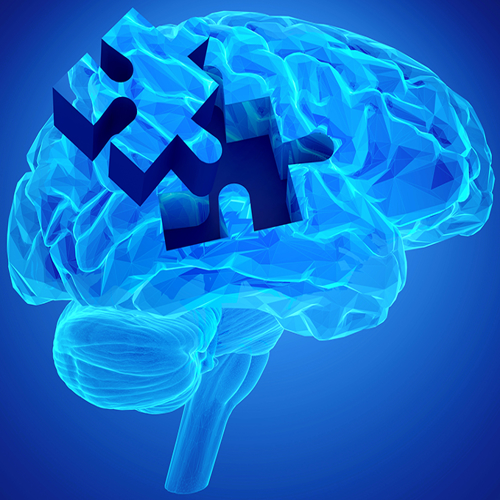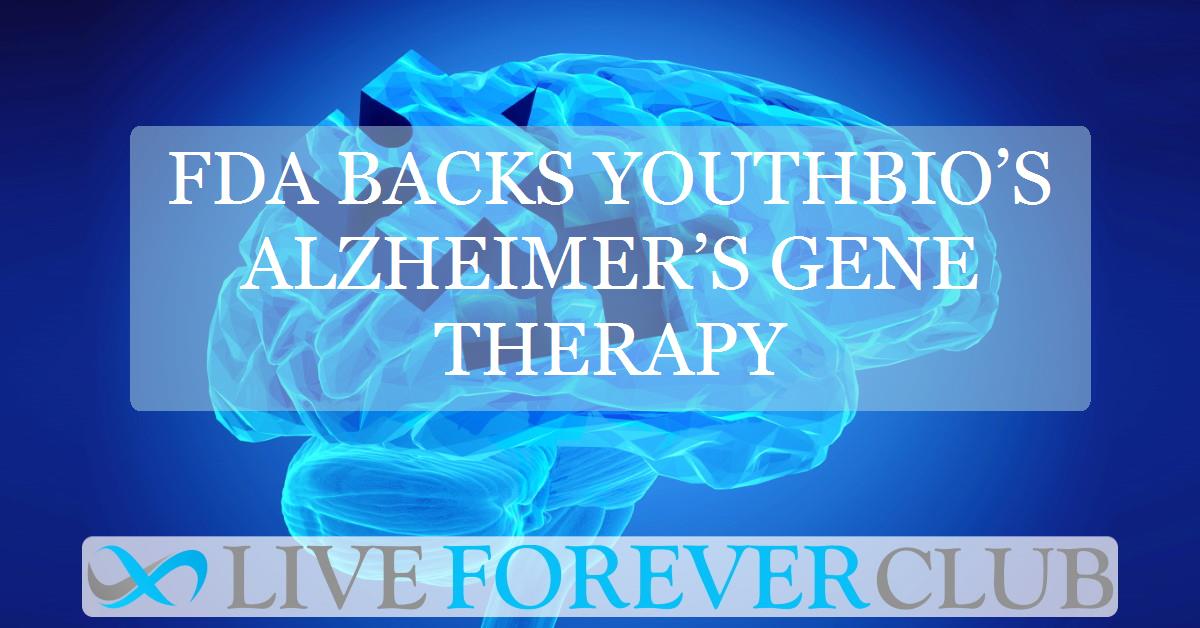Key points from article :
YouthBio Therapeutics has announced a major regulatory milestone for its Alzheimer’s candidate YB002, a first-in-class gene therapy based on partial cellular reprogramming. Following a recent INTERACT meeting with the U.S. Food and Drug Administration (FDA), the agency confirmed that YouthBio’s preclinical data support YB002’s bioactivity and the company’s proposed first-in-human clinical trial. This represents a significant step forward, giving YouthBio a clear development path and reducing regulatory uncertainty as it advances toward Investigational New Drug (IND)-enabling studies.
YB002 is designed to transiently activate Yamanaka factors in the brain, a process known as partial reprogramming. This Nobel Prize-winning science seeks to reverse the epigenetic damage that builds up with age, while preserving cell identity and function. The therapy has shown encouraging results in animal models, including work with Dr. Alejandro Ocampo demonstrating that YB002 could improve memory and reduce cognitive decline in aging mice. Additional studies suggest the therapy can counter Alzheimer’s-related pathology and restore youthful gene expression.
The FDA’s positive feedback is being hailed as a turning point for both YouthBio and the broader field of longevity science. CEO Yuri Deigin emphasized that the outcome validates the company’s development strategy and shifts focus from proving scientific feasibility to preparing for clinical execution. Meanwhile, CSO Dr. João Pedro de Magalhães noted that the guidance will allow YouthBio to focus resources on building the strongest possible IND package, supported by chemistry, manufacturing, and toxicology work.
For the scientific community, this milestone signals that partial reprogramming is moving closer to human translation. Dr. Ocampo, whose landmark 2016 study launched the field, highlighted the significance of the FDA’s recognition, calling it a critical step not only for YouthBio but also for the advancement of reprogramming-based therapies in aging and neurodegenerative disease. If successful, YB002 could represent a groundbreaking approach to tackling Alzheimer’s at its root cause.







